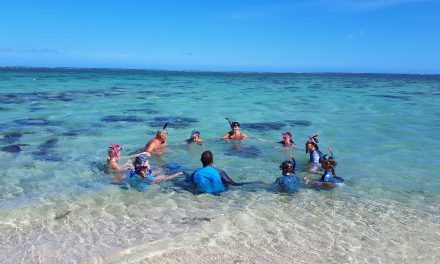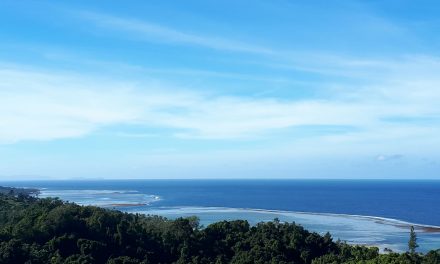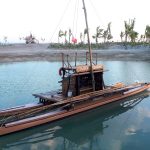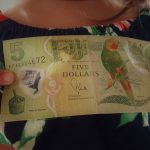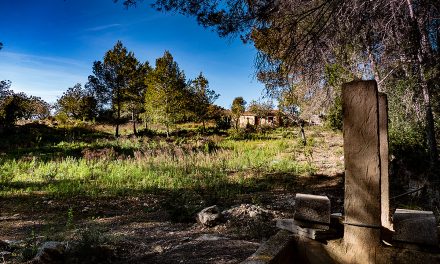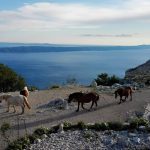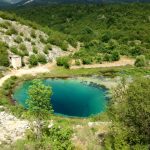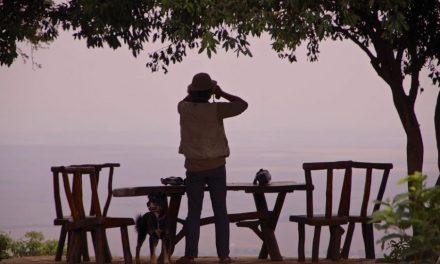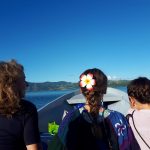
Reisen in Ägypten
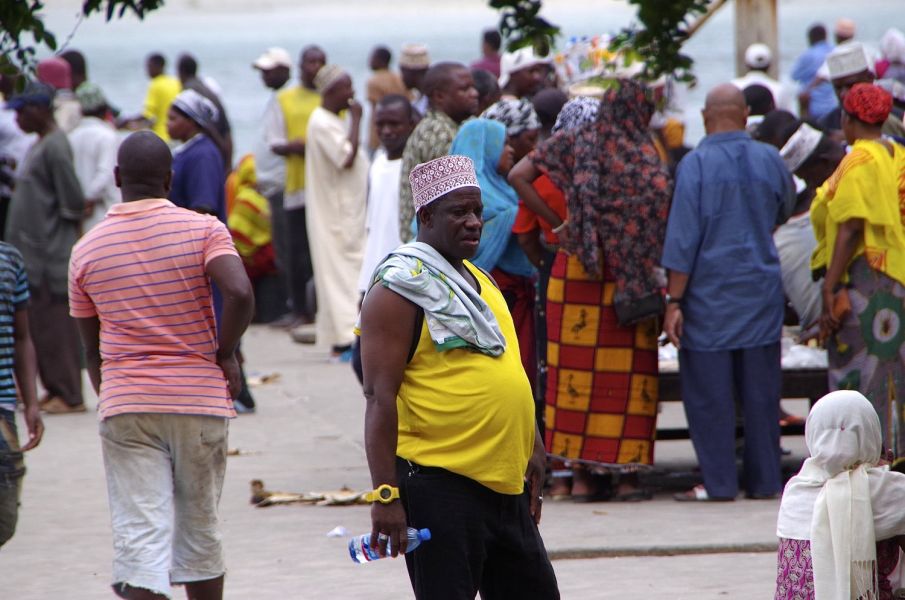
Der Verkehr im Land ist im Vergleich zu Europa mindestens gewöhnungsbedürftig. Fahrspuren haben im Grunde nur Hinweischarakter und schliessen jederzeitigen Gegenverkehr nicht aus. Rikschas, Tucktucks, Eselskarren, schwere LKW, PKWs, Mopeds und Fussgänger flitzen wild durcheinander und die Verständigung erfolgt vornehmlich akustisch. Mit einer, der Fahrzeuggrösse angemessenen Hupe wird unter anderem folgendes mitgeteilt:
„Achtung, hier komme ich“, „Ich sehe dich“, „Lass mich mal vorbei“, „Ich bin vorbei“, „Schön dich zu sehen“, „Bis bald, im Teehaus“.
Mit dem jederzeitigen Auftauchen von Speedbreakern (Bodenschwellen) ist genau so zu rechnen, wie mit fehlenden Kanaldeckeln, oder grossen Betonblöcken.
Vorsicht vor gemächlichen Fussgängern: Gerade in Städten interessieren sich viele Menschen im Grunde gar nicht, was der Verkehr um sie herum gerade macht. Sollte man beim Überqueren der Strasse sterben, war es wohl Allahs Wille.
Nachts zu fahren sollte getrost vermieden werden, ausser man ist ein grosser Fan von Disco-Geisterbahnen. Licht anzuschalten ist Luxus und wenn, dann sollte es bunt sein. Ähnlich der Huperei am Tage wird nachts das Licht ein- und ausgeschaltet.
Übernachtungsplätze zu finden ist sehr schwierig. In der Regel wird man nach kurzer Zeit von lokale Ordnungskräften vertrieben, mit dem Hinweis, es sei hier zu gefährlich und man wolle keine Verantwortung übernehmen. Einmal waren die Leute auch mit einem in englisch geschriebenen Haftungsausschluss zufrieden… Vor Suez gab es am Wegesrand einen bewachten Autohof für Trucker und in Luxor gibt es einen Campingplatz.
Jeder Verwaltungsbezirk hat eigene Kontrollposten des Militärs. In Luxor wurde unsere Frage nach einem sicheren Übernachtungsplatz beantwortet mit: Genau hier drüben am Strassenrand vor dem Kontrollposten. Da es schon auf Mitternacht zu ging und hier kaum gehupt wurde, nahmen wir das Angebot an. Um Punkt fünf Uhr morgens wurde dann heftig an die Laster getrommelt und ein kindlich-fröhliches Krähen verkündete wiederholt „Yes, i’m five!“. Mit dem Schichtwechsel wurden wir schlicht fortgescheucht.
Im Bezirk von Assuan bekamen wir dann durchgehend Militäreskorten, gut organisiert, freundlich und geduldig. Assuan selbst ist uns bisher der angenehmste Ort. Am Ende des „Nubian Village“ auf der anderen Nilseite findet sich das Camp/Hotel „Adam Home“. Sein Betreiber Mo (Mohamed) und Helfer Sammy sind sehr nette Kerle und super hilfsbereit. Spürbar lässt Arabien nach und es wird afrikanisch.
Da unsere Visa für den Sudan, welche Ana Rubia im Januar in Berlin organisiert hat, bereits abgelaufen sind, war es sehr angenehm, hier in Assuan in einer sudanesischen Landesvertretung unkompliziert neue zu bekommen (für 50 US$).
An Dustys Hinterachse hatten wir einen undichten Simmerrring und das frisch nachgefüllte Öl floss aus der Hinterachse in die Felge und Bremstrommel. Mit Mo’s Hilfe fanden wir einen smarten arabischen Mechaniker, der sowohl die Teilebeschaffung, wie auch die Reparatur binnen 4 Stunden durchführte. Nach der erfolgreichen Operation wurde noch eine verbliebene Flasche Cognac geköpft und in der Folge noch mit dem Mechaniker und den Nubiern zwei Stunden auf dem Parkplatz zum Sound aus dem Autoradio getanzt. Willkommen in Afrika.
Cut to: Egyptian traffic. For someone not used to third world traffic, driving in egypt will come as a shock at first. Rule number one: There are no rules. Rule number two: Look forward and hoot, a lot. The roads are rarely maintained, expect potholes, open manholes, missing pieces of road as well as a variety of objects animals and people on the road at any given time. Oncoming traffic, sometimes out of necessity, sometimes out of convencience will appear on your side of the road constantly, day and night, as well as people, cars, huge trucks and animals. At night preferably without lights. Curiously, Cars, trucks and buses, when overtaking, seem to take much more space than necessary while overtaking into oncoming traffic, which means you will have to resign to the very edge of your lane. Generally speaking though, as with most traffic madness like this, it works surprisingly well if you adapt. Dont be shy. Push in, demand your space where there is none. The horn is used to indicate passing by, wishing well, having passed by and much more. Its complicated, like a language. While we did drive at night, it is, as mentioned around the web, not recommendable and requires a stupid amount of concentration. What we later heard was, that before the revolution, traffic rules were apperently adheared to with more dedication.
On our drive towards Aswan via Hurghada, Suez and Luxor, we passed many roadblocks and checkpoints. Rarely we had to show our passports or let someone inspect the vehicle or take note of our number plates. A good way for avoiding checks is to wave and don´t slow down beyond the normal flow of traffic. Also denying certain requests, like opening your car for a search, in a nice but insisting way, while shaking hands and smiling, was often fruitful.
Overnighting in our trucks somewhere near the road had proven impossible for us. We were chased away by armed civilians or police each time with the indication that it was too dangerous to stay. Mostly it seemed because they didn´t want to be held responsible in case something did actually happen to us. Once we were invited to sleep at a police check point. And while everyone was very nice to us, they were equally curious, resulting in being woken up again and again because someone up the chain wanted to know something else that we had already shared over and over. The night ended finally at 05:00 in the morning with some major banging on our truck, with people seemingly in a rush to get us out of there. So we decided to park at the corniche in Luxor, where we were surprisingly left undisturbed for a few more hours. If you are in Luxor you can stay at the centrally located Camp Rezeiky (www.rezeikycamp.com) with your car/truck, they have a swimming pool there and secure parking, I imagine if you are planning to spend a few more days in Luxor, its a good place to be if travelling by car/truck.
Once we arrived in the province of Aswan, for some reason, we received a Police escort all the way to the city, front and back. We searched for a place to stay, and although in one of the first internet search results it was said that „Adam Home“ was no longer existent, we decided to call the number only to find out it was open (again). Upon arrival Mohamed and Sami welcomed us with open arms. Adam home really has proven an Oasis for us. We are picking fresh food from the fields, there are good showers and toilets, Shisha, Tea and most of all wonderful company. If you need anything (read: anything), speak to Mohamed and he will take you there or bring it to you. We had a problem with our truck, a special seal in the bearing was leaking; Mercedes gave us the wrong parts and afterwards they werent sure if they could source the part in germany. Here Mohamed called a mechanic on a sunday (the mechanic was christian), I went with him to the centre of Aswan, he sourced a part, within the hour we were back, he installed it. 4 hours all in all, done. Afterwards we spilled some congac and danced together to local tunes in the light of the cars headlights. Tick. While we had already obtained our Sudan and Ethiopia visas in Berlin, the Sudan visa was about to expire. So we went to the local Sudan consulate in Aswan, and got a new one. Normally you should be able to get a Visa there while you wait. Pay 50 USD in cash only.
Currently we are waiting for the fixer to arrange our crossing to Sudan. Although the whole process doesn´t seem difficult on
paper, if working with a fixer thats hard to understand, it´s another story. While, when travelling with a 4×4 or bike, you can
easily manage the process yourself, we, travelling with big trucks and a dog, are in for a bit more trouble. We were ready to put down the cash to cross the border overland, but after a few days our fixer said, that despite the big amounts of cash at stake, the sudanese guys werent feeling like letting anyone cross by land at the moment and it might take a month or more to aquire the permit and arrange for everything. So the ferry crossing it is. Now they have to call a big barge which we have to rent entirely. This costs about 24.000 EGP. We are waiting for everything to be arranged. By the looks of it this will happen within 10 days.


